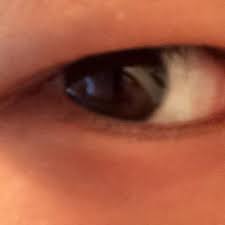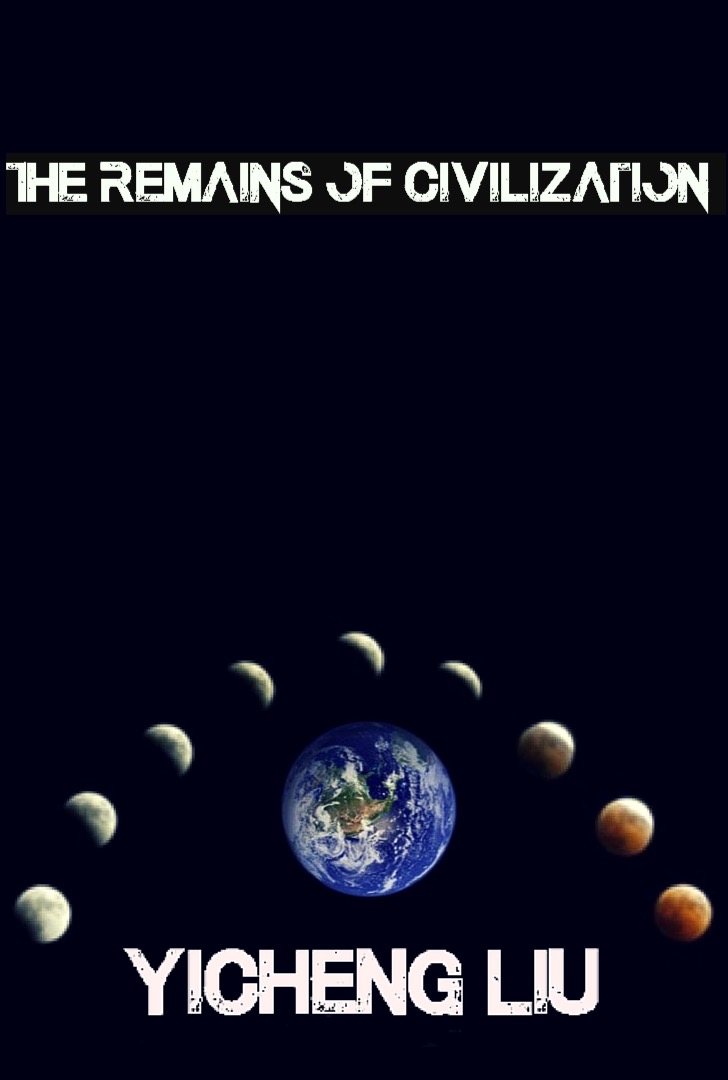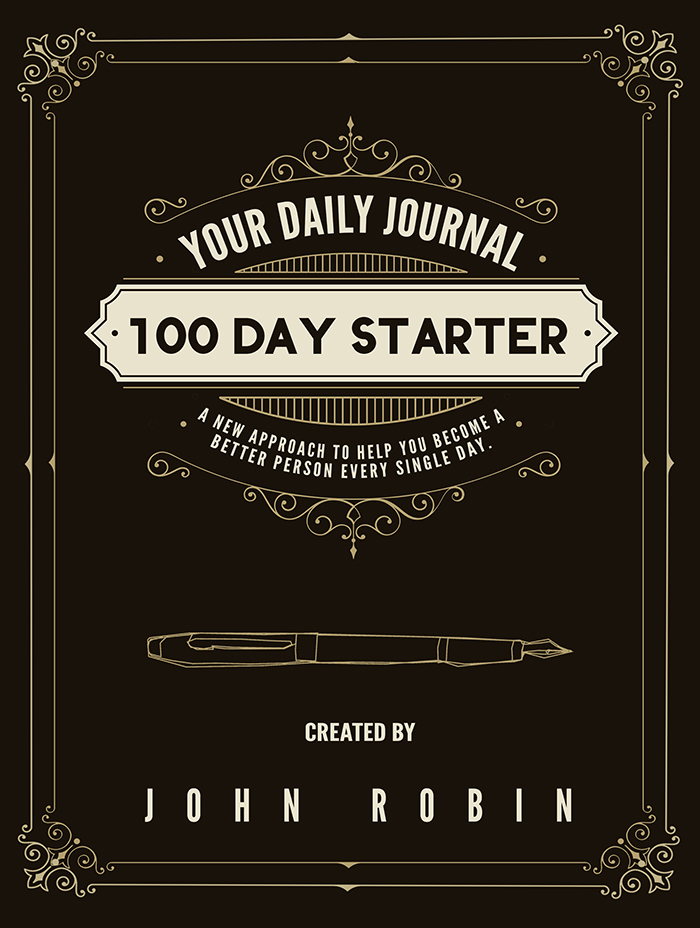Today everything comes round circle. Yicheng Liu, my guest today, is the Inkshares author through whom I’d say the collaborative excitement — and this series as it’s come to be — began.
 Yicheng Liu is a guy who sadistically enjoys darkened pieces of processed dead wood with ink and maniacally laughs at his darkened computer screens with pixelated text when he can’t find processed dead wood. When not doing any of that, he is making stupid jokes and hanging out on twitter under the handle @liu_liu0074.
Yicheng Liu is a guy who sadistically enjoys darkened pieces of processed dead wood with ink and maniacally laughs at his darkened computer screens with pixelated text when he can’t find processed dead wood. When not doing any of that, he is making stupid jokes and hanging out on twitter under the handle @liu_liu0074.
Also, pre-order his funny science fiction thriller book on Inkshares: www.inkshares.com/projects/the-remains-of-civilization
Some of you might recognize Yicheng’s name from my Blood Dawn video trailer. Yicheng has proven to be such a helpful friend, and he is, in my opinion, and example of a great team player as he has continued to participate in ongoing collaboration between the now more than 200 Inkshares authors who are getting together to discuss ways to work together.
What is the appeal of world building to you? How does it compare to the importance of character and plot?
I believe that world building is a really important part of fiction because you can make use of your imagination to create a history of your world (occasionally worlds) that brings depth to your story and intrigue the readers, making what would otherwise be a clichéd story stand out. Readers usually can tell how much effort the author has put into their books. You only reap the rewards of a decent fantasy book if you pour out the effort required. It’s a fair trade, in my opinion.
World building brings out the best in a story. In a short story, there isn’t enough space to cram in an entire society. But in most novels and novellas, the most captivating part of the story is how the character and the world come together and fit into a hypothetical jigsaw for the sake of a bigger picture.
Though unless you are trying to make a dungeons and dragons encyclopedia from scratch, I suggest you focus a bit less with on world building and actually write a story. If you follow the tips below, you can probably cut out a lot of wasted time from not doing the right thing.
How do you avoid excessive world building and balance it with the act of writing the story?
Simple. Write down ALL of your inspirations, world building stuff and notes, and keep it in a separate folder from your primary idea of how the story would go. Outline the entire plot, summarize the characters, anything to do with the story, etc. After that, start writing the draft with the two pieces of the most relevant notes for this chapter and introduce stuff at the same pace as the story. Though my writing style usually doesn’t require much exposition, but more of a fill-in-the-blanks for the readers. That makes it easier for me to world-build WHILE writing the stories.
The act of introducing materials should always be something that shouldn’t explicitly be said just for the sake of the readers. The main characters know all this already, so put that in the background and hint at it.
I had created a timeline of what happens and when to prevent myself from word-vomit, like what I’m doing right now to clear things up. So pro tip: make sure you know what you are going to write before writing it. Or suffer the consequences.
What do you enjoy the most about world building?
The thing I enjoy the most is perhaps creating the world. I don’t want to turn it into a black-and-white world with absolutely nothing interesting going on. I make sure I’ve done my best to make it a vibrant, humorous, and unique work whenever I have to world-build and write.
It takes a while to understand the best way to portray something, but it can work. Say you’re writing about an alien dystopia where they control the world. Cool, add in the fact that the government forced them to do that and add some humor, that works.
Do you use diagrams? If so, what kind? What about charts, schematics, or other visual representations of your world beyond textual material?
I use a lot of visual materials. I draw, design, and make visual images to boost my work flow for writing. A picture is worth a thousand words, so I would usually draw a somewhat biased caricature of a character and an aspect of the world before moving on. I am in control, so I should be sensible about it.
As I had said above, I draw timelines, nitty-gritty drawings of how a random gun that darts out lasers would work in real life. Or maybe why there is a depressed set of finger-cuffs suffering from a existential crisis about the meaning of life. Yes, Douglas Adams has been a science fiction author I liked. I’m a fan, okay?
How do you balance realism with magic or other world building elements that allow for departure from the ordinary?
Research and fact-checking. Now, this seen like it’s pretty obvious and a no-brainer. But you would be surprised how many people make the mistake of not researching too much and base things off debunked facts. Remember that sci-fi movie called Lucy that came out last year? and how it’s based in the idea that humans only used 10% of their brain? Yeah, don’t do that, you WILL get battered by every person that knows this is false. Don’t pull a fact out of your butt, that’s sitting very high on my list of things not to do when world-building.
Got time-travel related stuff in your upcoming book? Fine, do some research into the physics of it and at least try and understand why paradoxes wouldn’t happen in a real case of time-travel. Then you need to understand why time-traveling through a Tipler cylinder is the new sexy way of time-travel.
Science is a science fiction writer’s best friend. It won’t hurt to google a fact, and it can pay off well if you are aiming your work at an audience who is smarter than the people that thought lip-synching to Frozen’s Let It Go is a good idea. Also, no, it’s not a good idea.
Describe your world and some of the considerations behind it that you feel give your stories a solid sense of realism:
Again, I need to remind you guys that my book is about aliens that have been imprisoned by the government to work for them (inspired by the people who had outsourced their maths homework to India. For $2USD. Yes, they’re douchebags), no amount of realism can make that believable to anyone. Which is why I try not to focus too much on the non-sensual areas and instead develop a solid framework of basic rules of the world so the readers can feel like there is a sense of reason and logic behind a nonsensical plot that I’ve gotten as a result of insomnia.
Though on the other hand, I don’t like deus-ex-machina, two dimensional plot devices, and stereotypical characters. So I try my best to avoid them and only use stereotypes when I’m using really, really blunt humor.
Thanks, Yicheng! I love your insights on the world building process — and your humor. It was such a pleasure to finally share your work here.
Now folks, check out Yicheng’s book, Remains of Civilization:
 Some doors are best left closed. Or some day, you might find the corpse of your wife behind a door you opened. Or you might find your best friend stabbing someone to death instead. Curiosity killed the cat, but can it kill you too? Left with no choices, two guys scavenging the internet for odd jobs stumble into a conspiracy. Soon, they’re dragged into a whirlpool of conspiracy, action, and aliens. They now hold the fate of society in their hands, but can they save the world?
Some doors are best left closed. Or some day, you might find the corpse of your wife behind a door you opened. Or you might find your best friend stabbing someone to death instead. Curiosity killed the cat, but can it kill you too? Left with no choices, two guys scavenging the internet for odd jobs stumble into a conspiracy. Soon, they’re dragged into a whirlpool of conspiracy, action, and aliens. They now hold the fate of society in their hands, but can they save the world?
If you are intrigued, please go over to Inkshares and find out more.
Inkshares is a crowdfunding publisher who lets readers choose which books get published based on placing pre-orders. If a project succeeds, it goes to publication. Successful projects have been reviewed in the NYT, US Today, and Washington Post, and have been distributed to numerous bookstores including Indigo and Barnes & Noble.
You can connected with Yicheng in on Twitter, or by email:
Twitter: @liu_liu0074
Email: 34360479 “at” qq “dot” com

